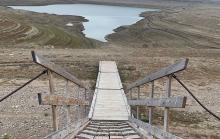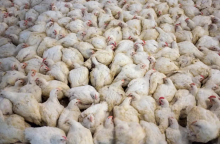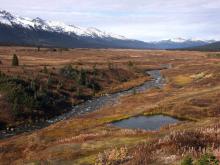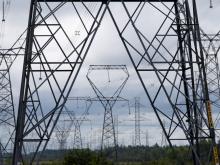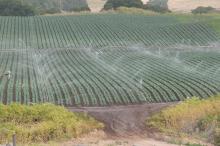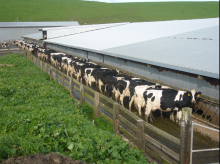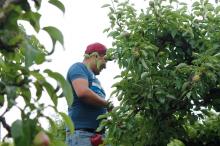EDMONTON — Lance Colby saw what was coming.
The Alberta government said Wednesday it would open talks on water-sharing between large users as the province's drought situation worsens. But Colby, chair of the Mountain View Regional Water Services Commission in central Alberta, had already begun such discussions.
